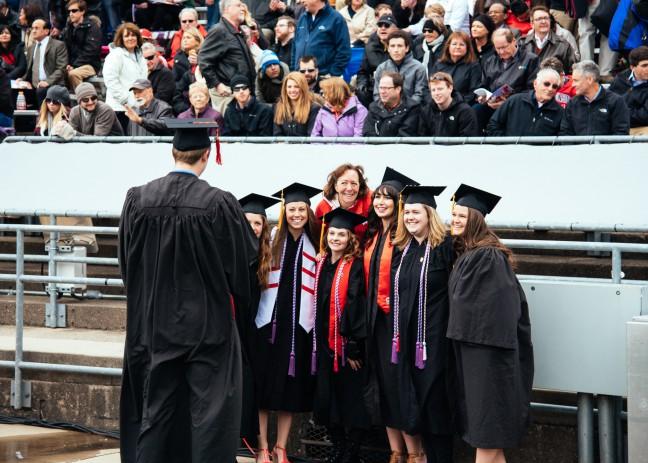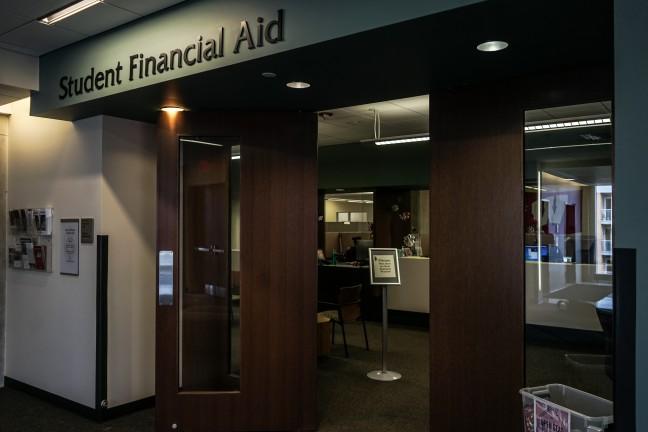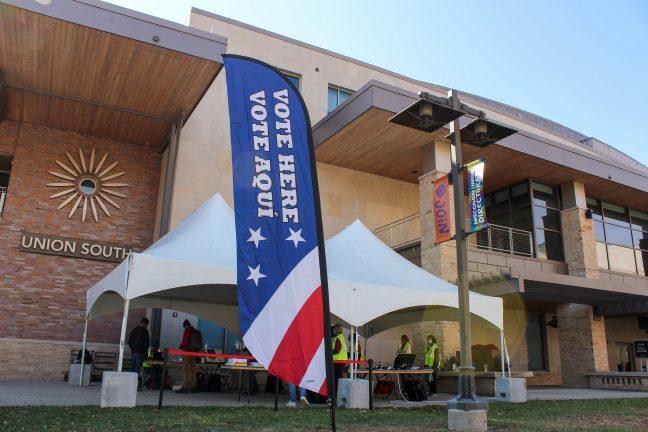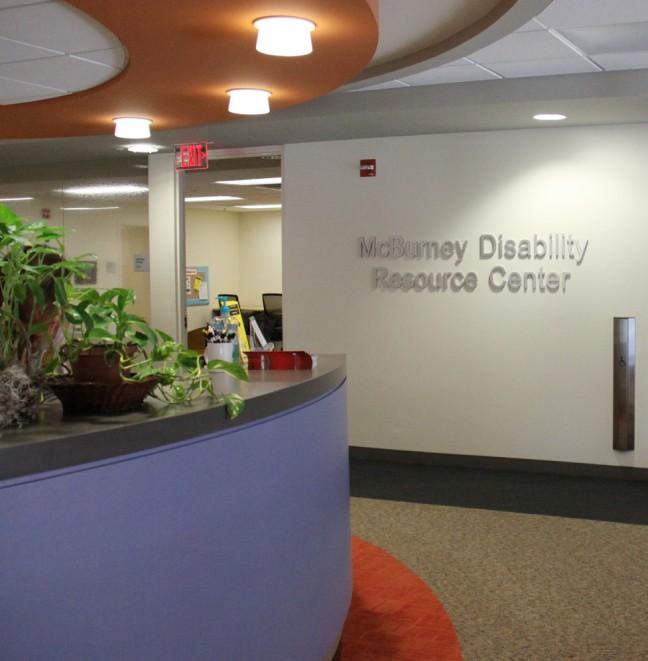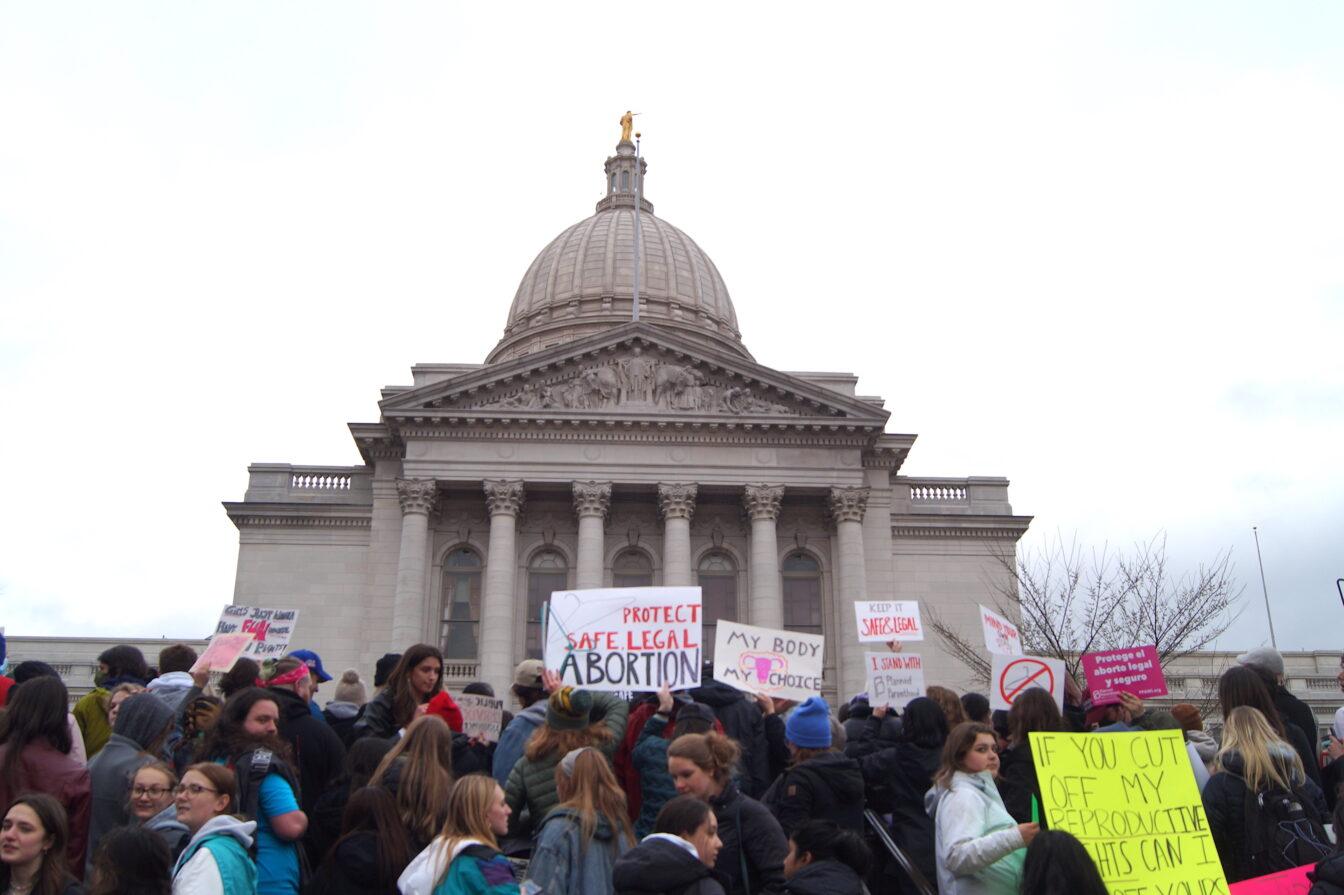Initially hailed as a huge step forward in the free college movement, New York’s Excelsior Scholarship has come under fire after the details revealed it’s really only “maybe, kind of, sometimes free.” A recent op-ed in The Badger Herald argues the benefits of the program, but I respectfully disagree. Here are a few reasons why.
First, the New York program is a last-dollar program. That means the Excelsior Scholarship will make up the difference between a student’s financial aid award and tuition. New York is a state with low tuition and high financial aid — under the status quo, low-income students attend tuition-free, and they would receive no more financial assistance from the Excelsior Scholarship.
The new program covers more of the cost for middle class and upper middle class students — which I don’t contend is a bad thing — but it changes very little for low-income students, who are struggling most with debt burdens or not attending college at all.
Further, tuition is typically less than half of college costs, and these costs can add up to a big deterrent for low-income students considering college. In fact, states with significant scholarship programs have actually raised fees in an attempt to reduce the tuition costs supported by the state.
The Excelsior Scholarship does nothing to alleviate these costs because it applies only to tuition. New York could more equitably distribute at least some of that $163 million, offsetting nontuition college costs for the neediest students instead of subsidizing tuition for students with higher family incomes.
What’s more, many students won’t even be eligible for Excelsior funds. The program requires students to be on track to graduate in two years for an Associates degree or in four years for a Bachelors degree. This is particularly troubling for community college students, which predominantly serve low-income students, nontraditional students and students of color.
Community college students have a higher likelihood of inconsistent enrollment, attending part-time in some semesters and full-time in others or pausing their studies for a year to work or care for family. These students would not benefit from the program, and indeed, approximately 90 percent of students in New York’s community colleges would receive no aid from the Excelsior program. With four-year institutions regularly requiring more than four years these days, it’s unlikely the majority of Bachelors degree seekers would be eligible for the scholarship.
Lastly, the Excelsior Scholarship comes with a huge caveat that I believe renders it more harmful than helpful. For whatever number of years a student takes advantage of the free college program, that student will need to work in New York for an equivalent number of years after graduation.
If they choose to move out of New York, that “free” college becomes “student loan debt.” In addition to what’s likely to be high administrative costs to manage such a loan program, this quite simply makes the program not a free college program. Yes, it’s worthwhile to invest in a state’s workforce by investing in students. But what about a low-income student who wants to pursue a graduate or professional degree and the top-rated university is out of state? What happens if military service takes you out of New York for a year? What if the job market for a student’s degree isn’t strong in New York?
To tell an 18-year-old entering college that his or her options for the next eight years are limited to the square mileage of the state of New York doesn’t sound like a great way to convince kids to go to college.
Given the Excelsior Scholarship is not supporting low-income students’ nontuition costs, these students will already have higher debt burdens than their wealthier classmates — meaning the free-to-debt conversion provision in the bill will likely have a disproportionately negative effect on the very students it purports to serve.
To set the record straight: The opponents of New York’s free college plan are not predominantly Republican — not unless all the policy experts I follow on Twitter have suddenly shifted to the right without me realizing it. Free college might be a worthy goal (though the hill I’ll die on is for better targeting of need-based aid, and more of it). But the New York Excelsior Scholarship is bad policy, and if the college affordability movement is to go forward, it must be with far better programs than what has been passed in New York.
Ellie Bruecker ([email protected]) is a third-year Ph.D. student in educational leadership and policy analysis.








